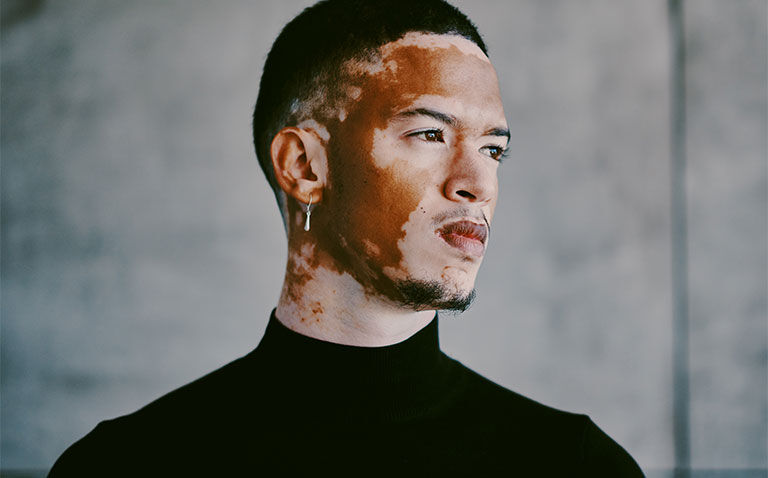Topical ruxolitinib has been approved by the UK’s Medicines and Healthcare products Regulatory Agency (MHRA) for the treatment of non-segmental vitiligo in adults and adolescents with facial involvement.
The MHRA has granted marketing authorisation for ruxolitinib cream 15mg/g (brand name Opzelura) for treating patients from 12 years of age who have non-segmental vitiligo affecting facial areas.
The approval was based on the findings from two identical phase 3 trials TRuE-V1 and TRuE-V2, which evaluated the efficacy and safety of ruxolitinib cream compared to placebo in over 600 patients with non-segmental vitiligo.
Manufactured by Incyte, Opzelura is now the first and only approved treatment in the UK to offer eligible patients with non-segmental vitiligo support for repigmentation. The MHRA decision follows the European Commission approval in April 2023 and FDA approval in July 2022.
Dr Viktoria Eleftheriadou, consultant dermatologist and lead for vitiligo clinic and research, Walsall Healthcare NHS Trust and The Royal Wolverhampton NHS Trust, said: ‘The MHRA approval is welcome news for dermatologists and people with vitiligo seeking treatment who until now have had limited options. The data supporting this approval demonstrate the potential for ruxolitinib cream to make a difference in the lives of people living with this condition.’
Founder and chief executive officer of the charity Vitiligo Support UK Emma Rush added: ‘While more and more people are proud of their vitiligo, there are still so many people who don’t feel comfortable in their skin. This new treatment option provides a choice for those who wish to treat their condition.’
Voicing the manufacturer’s delight at the approval, Peter Williams, general manager at Incyte UK and Ireland, said: ‘We are now working in partnership with the NHS to ensure that eligible patients seeking to treat their vitiligo are able to access this innovative medicine.’
Clinical efficacy of ruxolitinib
The combined results of the two randomised, double-blind, vehicle-controlled trials were published as a single paper in the New England Journal of Medicine in October 2022. Both included patients aged 12 years or older who had non-segmental vitiligo with depigmentation covering 10% or less of total body-surface area.
Patients were randomly assigned in a 2:1 ratio to apply 1.5% ruxolitinib cream or vehicle control twice daily for 24 weeks to all vitiligo areas on the face and body, after which all patients could apply 1.5% ruxolitinib cream through to week 52.
The primary end point was an improvement of at least 75% from baseline in the facial Vitiligo Area Scoring Index (F-VASI75), which ranges from 0 to 3, with higher scores reflecting a greater area of facial depigmentation.
A combined total of 674 patients, 330 in TRuE-V1 and 344 in TRuE-V2, were randomised to ruxolitinib. After 24 weeks of therapy, a F-VASI75 response occurred in 29.8% of those taking ruxolitinib in TRuE-V1 compared to 7.4% of those assigned the vehicle control (p < 0.001). Similarly, in TRuE-V2, 0.9% of those receiving ruxolitinib cream achieved a F-VASI75 response (p < 0.001) compared to 7.4% in the vehicle group.
Around one in 100 people in the UK develop vitiligo, with eight in 10 suffering from the non-segmental vitiligo, where both sides of the body are affected by symmetrical white patches. The treatment is approved for twice-daily topical use to the depigmented skin areas up to a maximum of 10% body surface area. Satisfactory re-pigmentation may require treatment with ruxolitinib cream for more than 24 weeks.










